409 Six Nails, and counting
Nails?
What on
Earth can you do with nails, other than nailing? John Bisbee tells us.

this photo is one in a series
So, I took my
lead-in photo for this blog; do you think there’s something unusual going on in
that photo? There are six nails, intersecting in the one spot. Setting up the
photo I bore in mind a snippet of information I retained over the years, from
one of my books by Paul Davies (I don’t remember which one it was, I have at least half a dozen of them.
I quote professor Paul Davies in at least two of my essays, EXISTENCE and FUNDAMENTAL ISSUE): The creation of life on Earth was a fluke … the
chance of life arising anywhere is as great as the chance of throwing six
nails (pick-up sticks, tooth-picks, whatever) on the table and they end up - by
chance, not the way I did it - on top of one another, all intersecting in the
one spot. So, the chance of life arising is near zero. Brian Cox
thinks that’s just about right (see the SMH article below).
But I got
side-tracked, back to John Bisbee’s nails, he turns them into sculptures … stunning!
via Visual News.
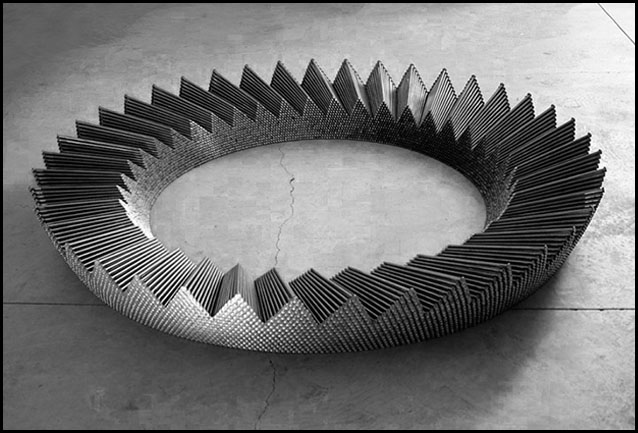
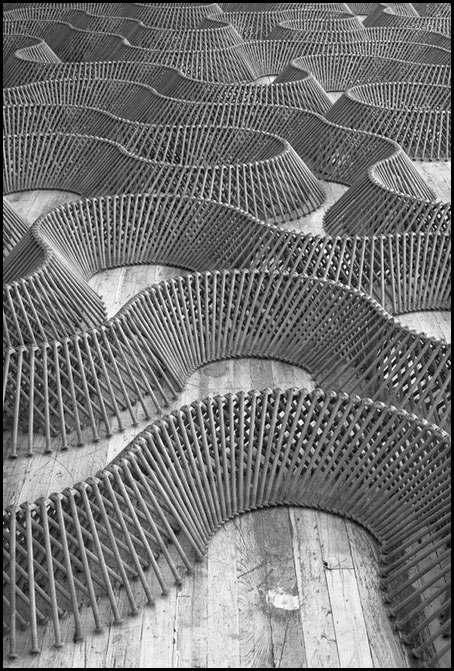
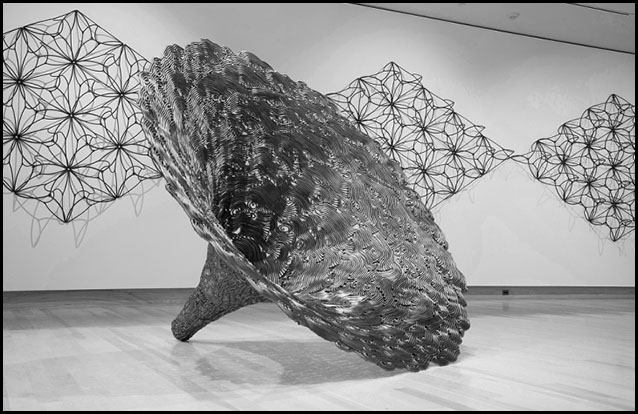
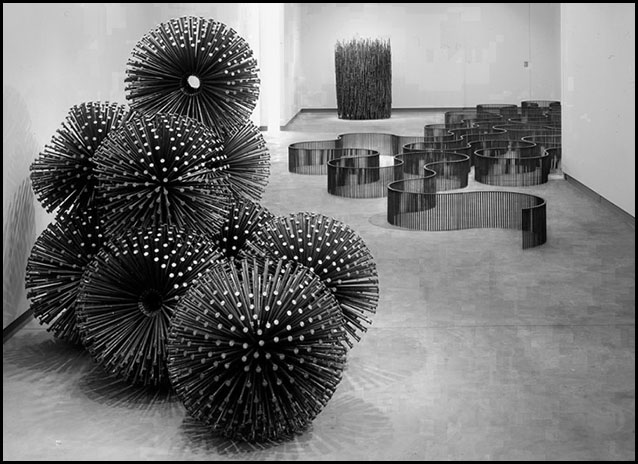
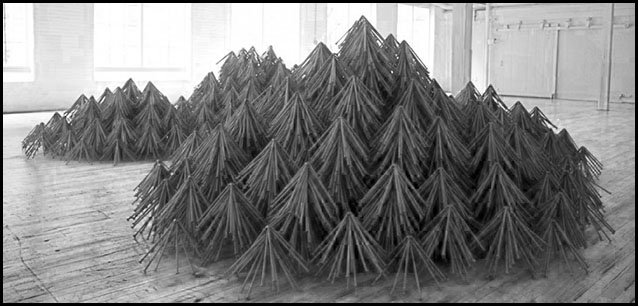
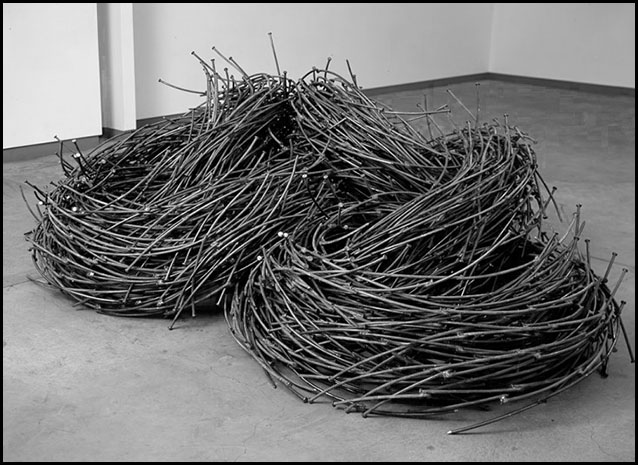
So, what was that about life on Earth being unique in our galaxy, even the universe?
Here's Brian Cox, (SMH):
The process which
led to the creation of humankind on earth was a fluke - and it is highly
unlikely it has been repeated anywhere else in the galaxy.
That is the view of
English physicist Professor Brian Cox, who made the assertion in an
episode of BBC's The Human Universe.
Professor Cox
thwarted suggestions alien life was a possibility and said he believed humans
were the only form of civilisation in our galaxy, despite the astronomical
number of other planets in it.
The presenter and
scientist, who also appeared on the ABC's Q&A program last week,
blamed a series of "evolutionary bottlenecks" as the main reason no
extraterrestrial life has been discovered.
"There is only
one advanced technological civilisation in this galaxy and there has only ever
been one - and that's us," Professor Cox said. "We are unique.
"It's a
dizzying thought. There are billions of planets out there, surely there must
have been a second genesis?
"But we must
be careful because the story of life on this planet shows that the transition
from single-celled life to complex life may not have been inevitable."
Professor Cox went
on to say that the extinction of dinosaurs, believed by scientists to have been
caused by a meteor impact, allowed mammals and ultimately humans to dominate
the planet.
"We still
struggle to understand how this happened," he said. "It's incredibly
unusual.
"We're
confident this only happened once in the oceans of the primordial earth. Life
here did squeeze through."
Professor Cox's
views are in stark contrast to those of astrophysicists Dr Timothy Brandt and
Dr David Spiege of Princeton University, who last month made the claim that our
best chance of finding aliens, if they exist at all, lies in the examination of
plant life on planets outside our solar system, known as exoplanets.
They said if alien
life existed on exoplanets, it might be possible to detect traces of water,
oxygen and chlorophyll.
Meanwhile, NASA has
offered a more widely accepted prediction; that one hundred million worlds in
our galaxy are capable and fit to host alien life.